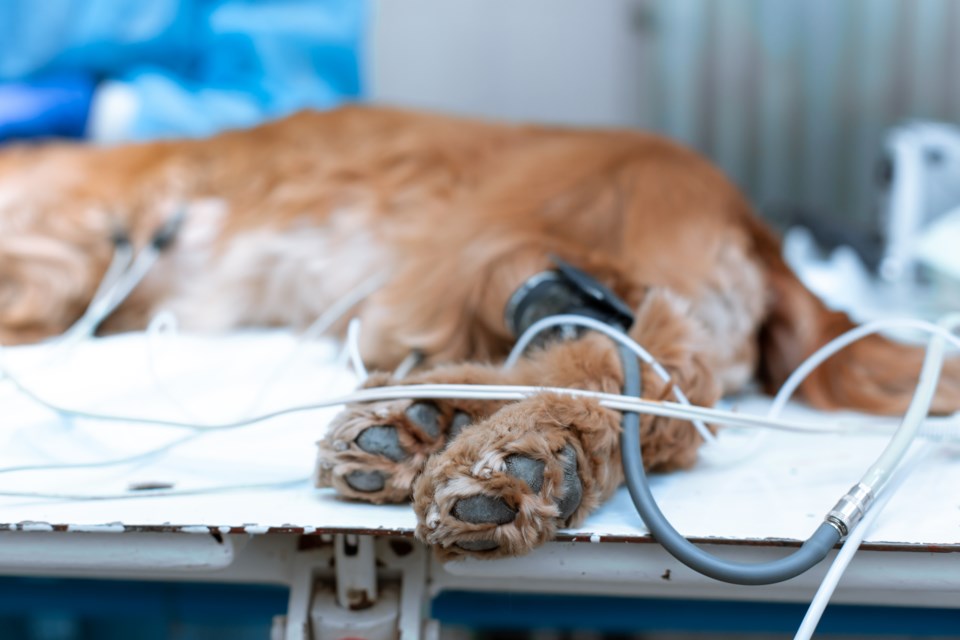A Fort Collins animal research laboratory was cited with 11 federal animal welfare violations after the USDA conducted a routine inspection in February. The lab was cited for not having proper documentation for anesthesia that should have been provided to dogs who had “debarking” surgery. The attending veterinarian verbally confirmed that anesthesia was given to the dogs, but there was no documentation to support the statement.
Debarking is a surgical procedure that is intended to “reduce the volume, intensity, and pitch” of a dog’s bark. It is also known as devocalization. While legal in some U.S. states, it is banned or restricted in others unless medically necessary. The procedure is banned in Massachusetts and Maryland unless it is deemed to be medically necessary. It is a criminal offense in New Jersey. It is also banned in Canada, the United Kingdom, Australia, and other European countries.
The facility is Red Beast Enterprises, which also operates under the name High Quality Research. The attending veterinarian verbally acknowledged medical conditions that some of the dogs had, although many of these conditions were not documented in the records. Treatment for these conditions were delayed or not given at all.
A dog named Holt had hair loss and red skin, but was not evaluated by the vet until nine days after the health check request form was submitted. Holt had a Demodex mite outbreak. The vet decided to consult with another vet to determine the best treatment, which didn’t begin for another 10 days. Holt received his first treatment about three weeks after caretaker staff submitted the initial request. The report notes, “hair loss and red skin can be a result of itchiness, pain, parasites, and other serious medical problems. Delay in evaluating and treating these conditions can lead to ongoing discomfort.”
The food receptacle for one dog contained “a large amount of fecal matter.” Another dog had food with significant bedding shavings and was seen trying to pick around the shavings, which were sticking to the food.
There were no references or care records related to fleas, heartworm, coats, eyes, ears, and skin, which the inspectors say is a requirement for the facility to provide. The facility also contained jagged edges from torn caging material and sharp metal points that “can lead to potentially painful injury of the animals.”
High Quality Research was registered as an LLC in Colorado in 2006. State records show the company has been delinquent since 2012, though it remains listed as an active research facility by the USDA. People for the Ethical Treatment of Animals (PETA) conducted investigations into Red Beast Enterprises and has released reports about animal welfare abuses. The group has accused the facility of animal welfare violations, though some of those claims could not be independently verified in public records.
PETA alleges that Colorado State University has contracted with the facility for research purposes, though this could not be confirmed through public procurement databases or CSU disclosures. Stop Animal Exploitation Now (SAEN) also submitted its own complaint about Red Beast Enterprises to the USDA in 2014 in regards to alleged animal rights abuses related to the death of two rabbits during surgical procedures as well as negligence in response to pain and distress that was exhibited by the rabbits.
The latest report refers only to dogs and cats that have been used in experiments. The report also notes that many cats were neutered, but there was no documentation for the surgical procedure or the anesthesia for these cats.
The PETA report refers to a beagle dog named App, which they say didn’t seem to receive care for the “obvious pain while walking.” App was one of the dogs mentioned in the USDA inspection report that received a debarking surgery.


